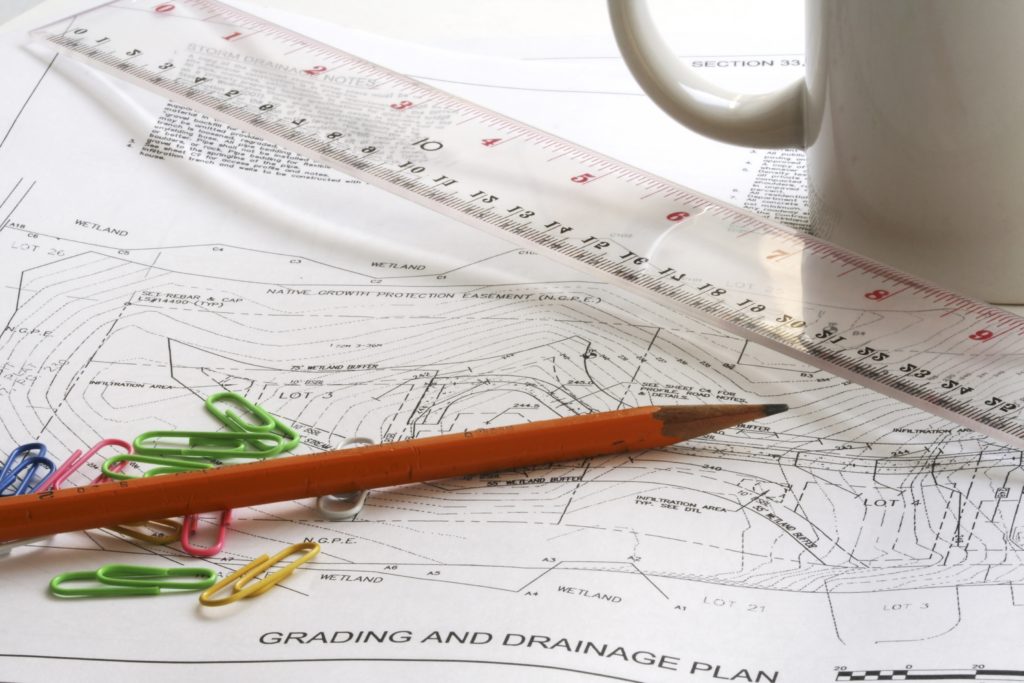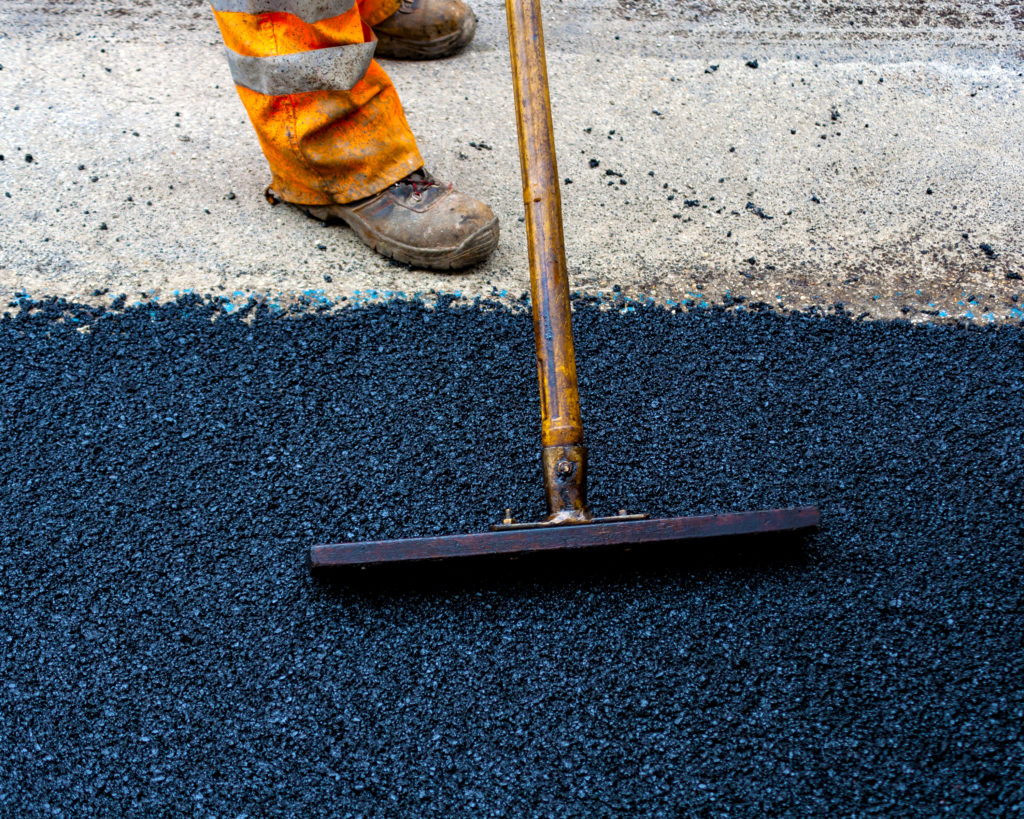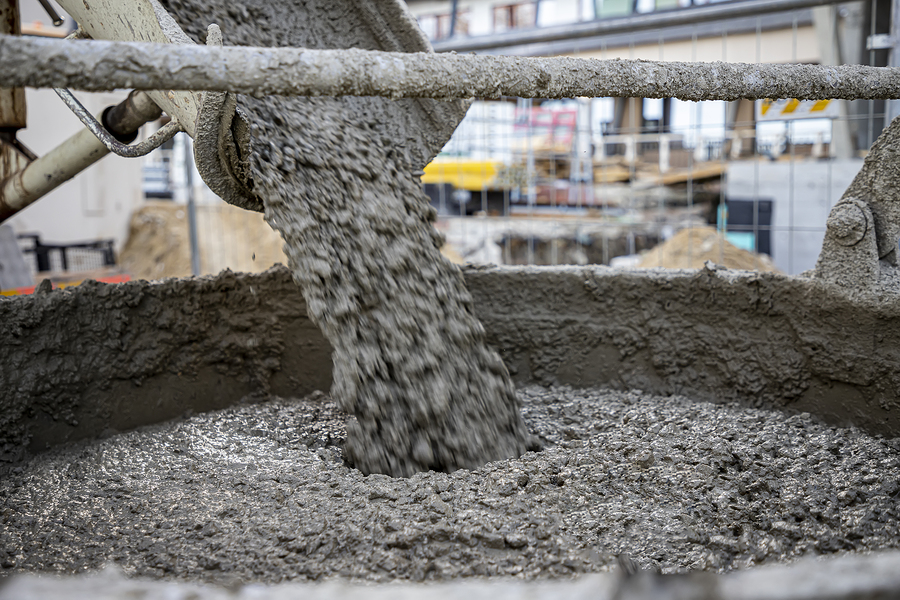Spring is a great time to implement necessary upgrades to your commercial property. And this time of year, one of the most outsourced services is commercial pavement repair. Whether you need to fill a few potentially-problematic cracks, or need to resurface your pavement altogether, you will be certain to receive a written estimate from the company of your choosing.
Continue reading to learn the primary parts of a paving estimate, and how to understand them all.
Asphalt Paving Estimates
When you hire a paving company to assess and service your asphalt pavement, you will receive an estimate. Sometimes, depending on the company, this is a free estimate, but most often because of the work and labor involved, estimates are not free, but they are also not unreasonably priced either (or at least they shouldn’t be). Whether free or not, and estimate should have certain key points for the client. This includes an on-site inspection, review of needed services, water drainage information, materials, and referrals.
On-Site Inspection – A paving company should never just provide a dry estimate for general paving repair and service. They should also provide on-site inspections to accurately gauge a property’s needs and suggest effective solutions. In terms of an estimate, this service should always come first.
Service Needs – Once a paving contractor has inspected your pavement, they will use their industry acumen and experience to make professional suggestions for needed repairs or services. This may include resurfacing, crack-filling, pot hole repair, seal coating, and more. The estimate should outline all of these recommended services with cost-estimates for each beside them.
Water Drainage – When it comes to paving, water drainage is one of the most vital aspects to address. Proper water drainage is critical to the longevity and structural integrity of your asphalt. A good paving company always reviews and addresses water drainage needs or issues, and provides this information on the final estimate.
Required Materials – Every paving job requires a certain set of materials. Depending on the project, different materials will be needed. Driveways and parking lots might not use the same type of asphalt or sealcoat, so the estimate should reflect these recommendations and the prices of each.
Referrals – A good paving company will also provide a list of referrals on your estimate in the case that you wish to get a second professional opinion. If they are confident in their services and have integrity, they will be happy to provide referrals so that you can get another estimate and compare the two.
Aside from paving estimates, a trusted Indianapolis pavement company should always provide dependable customer service and support, and follow up with all their clients after an estimate is provided. This shows that they are professional and keep track of their client’s needs and requests. In a follow up, they should be happy to answer any additional questions a client like yourself may have.
Indianapolis Pavement Repair Professionals
Call ACI Asphalt and Concrete at 317-549-1833 for professional pavement repair services in Indianapolis, Indiana. Our licensed road construction contractors provide a wide range of asphalt and concrete work for commercial and industrial properties, including inspections, installation, replacement, repair, and more. We also offer free estimates and consultations, flexible scheduling, references upon request, and more. Best of all, our work is backed by our 100% Satisfaction Guarantee, so you can rest assure that your investment is sound. Request a free quote, today.





